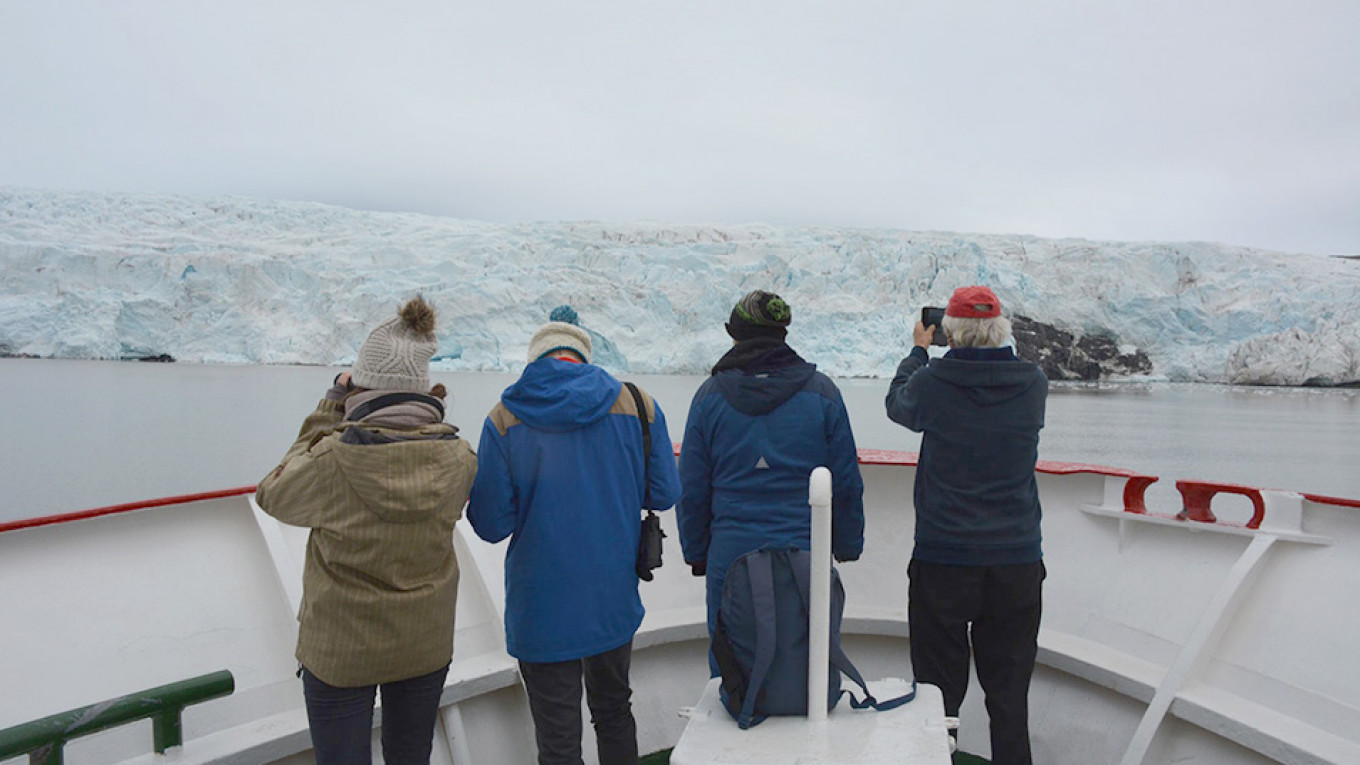Today, tourists tend to choose to travel to Iceland or Norway to get a taste of the Arctic experience. The establishment of a new special customs zone in Russia has the possibility to change that, Alexander Kirilov, the director of the Russian Arctic National Park, said in a statement issued by the Natural Resources Ministry.
According to the national park director, at the moment, logistical planning in the area is hampering developments.
“Most of the tourists would be happy to come to us, but they are halted by obstacles,” he said. Kirilov said that international cruise vessels currently have to sail to Russia’s far north city of Murmansk to arrange customs clearance before they can proceed to the Russian Arctic. He argued that this means three days of extra sailing and millions of losses for tour operators.
“For a long time, we have been talking about the need to open a security control checkpoint that would allow us to issue temporary permissions to foreigners’ crossing of the Russian border.” According to the press statement, the customs zone would be aimed at attracting the thousands of cruise boat tourists that visit the Norwegian archipelago of Svalbard.
Kirilov proposed the checkpoint to be established on the island of Alexandria, the largest island in Franz Josef Land.

Arctic tourism has been on the rise recently. Over the last few years, the number of cruise vessels visiting the Norwegian Archebelago Svalbard has increased dramatically.
Kirilov, therefore, proposed to include visa-free traveling to Russia’s far north Franz Josef Land island as a point of priority in the new development strategy for the Russian Arctic.
He also wants his national park to expand and include the Victoria Island, the 10.8-square-kilometer piece of land located between Franz Josef Land and Svalbard, the Natural Resources Ministry further stated.
The new Russian strategy is aimed to cover the period until 2035.

Leave a Reply